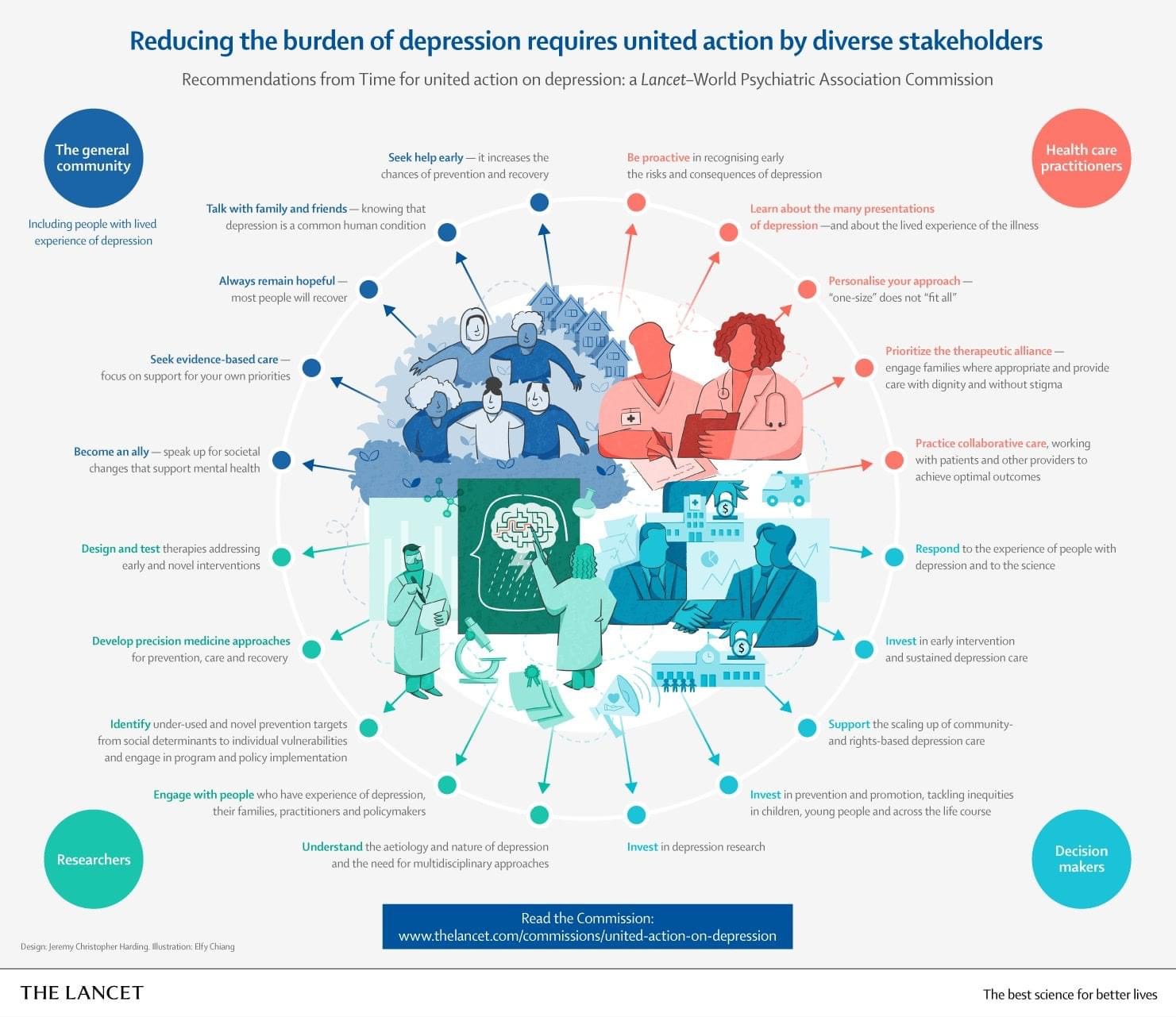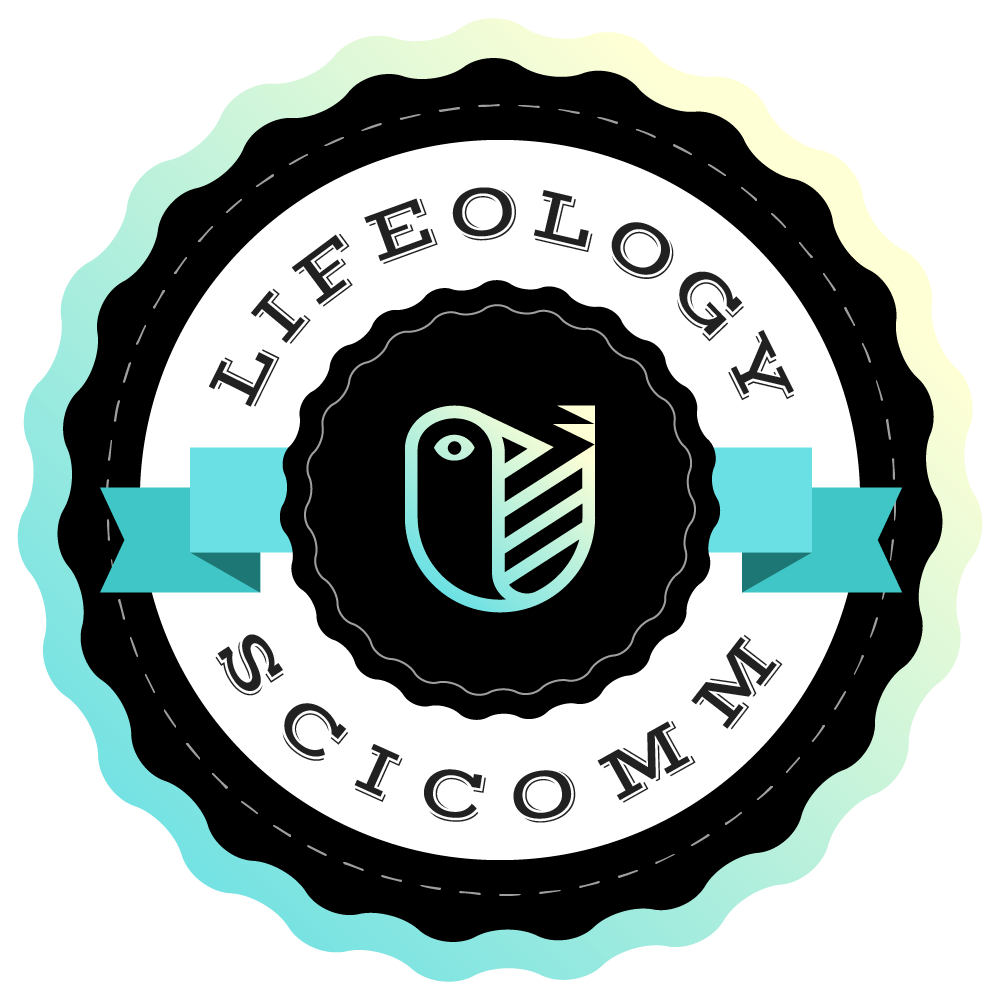Science games are becoming increasingly important for raising interest and engagement in science, promoting science education, and even making advances in the field of science itself. Keep reading to learn about different types of science games, what makes games beneficial for learning, and how a science-themed escape room can immerse you in the biology in cancer.
Science games play off the idea that the best way to learn is to have fun – to learn without realizing you’re learning. They are really just a form of science education, falling under the category of “Technology-Enhanced Learning.”
Gamification – the act of applying game-mechanic or game-design elements to something – is changing the way we think about science education in the 21st century (De Freitas 2018). Science games can come in any of the following forms:

Science-themed video games
These games set their theme within a scientific context.Examples:
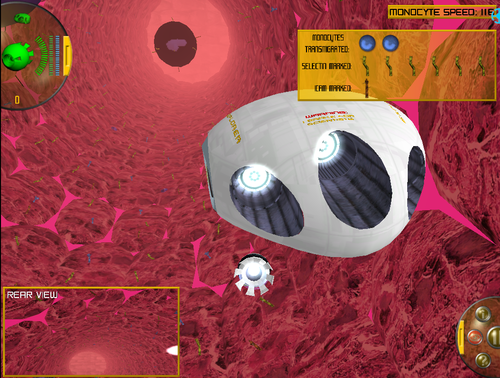
Educational science games
Games that virtually teach you about science!Examples:
Immune Attack, Plague Inc., and again so many others!

Citizen Science Games
Games that help advance scientific research when played by the general publicExamples:

Simulation science games
Games that simulate (potential) real-world scenario, sometimes for training purposesExamples:
Paperclips, the physics simulator game The Powder Toy, or America’s Army developed by and for the U.S. Army.
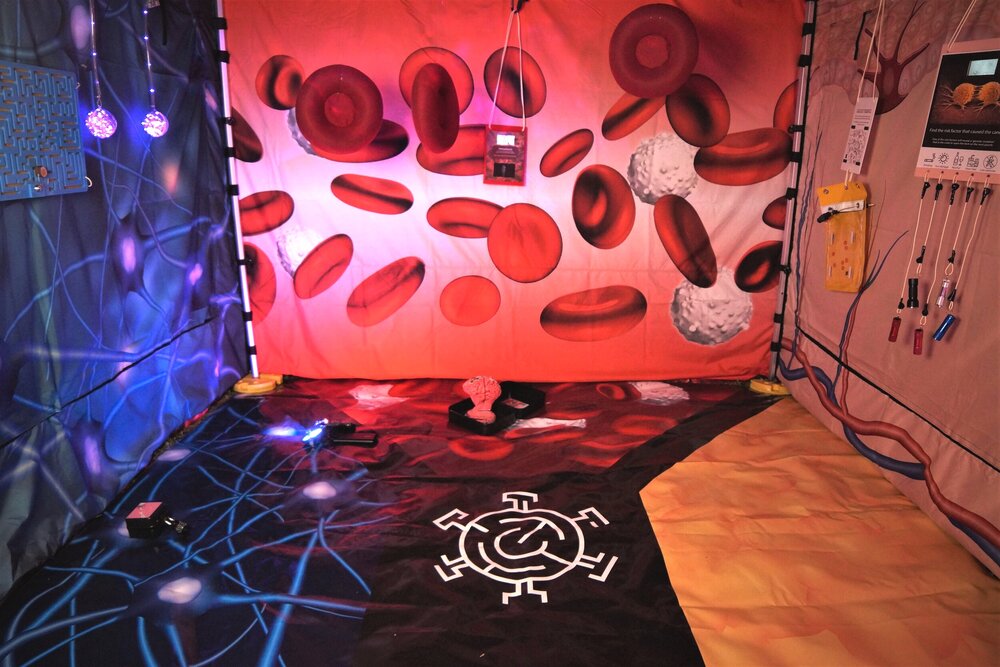
Interactive Science Games
Games that you can touch & interact with!Examples:
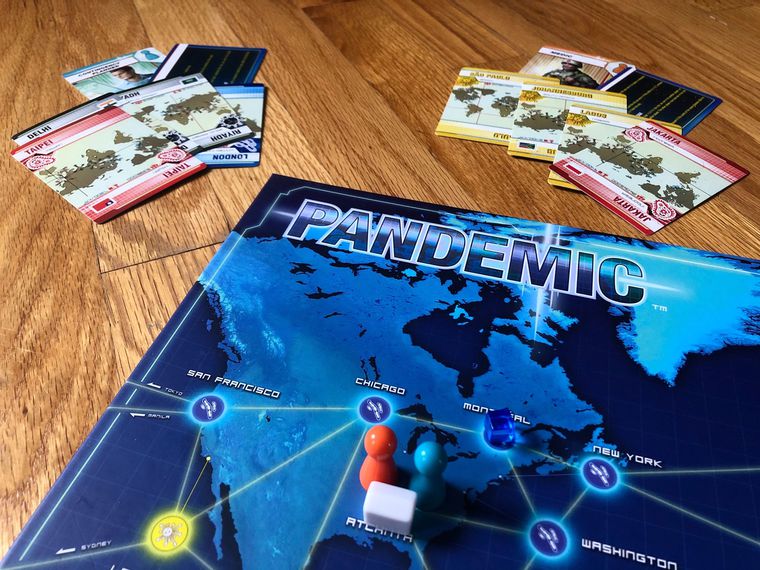
Science Board Games
Classic, hard-copy science gamesExamples:
Games encourage a lower stress, self-directed learning environment that can improve science education. Studies have shown that students that are given control over educational games have a significant improvement in learning outcomes compared to participation in teacher-directed learning (Vogel et al. 2006).
Self-directed gameplay encourages players to develop their problem-solving skills. Problem-solving is a skill that is enriched in hardcore gamers! This is the case because gamers repeatedly use something called meta-cognitive strategies! According to Ridley et al. 1992, meta-cognitive strategies involve:
♦ Taking conscious control of learning
♦ Planning and selecting appropriate strategies
♦ Monitoring the progress of learning
♦ Correcting errors
♦ Analyzing the effectiveness of learning strategies
♦ Changing learning behaviors and strategies when necessary
These strategies are key to success when playing all games… including the game of life!
So what possibility do science games hold for the future of science education? One example is a science-themed escape room, which is being pioneered by Brisbane cancer researcher Ken Dutton-Regester (AKA @the_funkydr on Twitter).
In his recent TEDx talk, Ken asks how most of us interact with information about cancer:
“We’re thinking social media, blog posts, YouTube – content designed for rapid digestion with short half-lives…. [what if there was] a unique and innovative way to teach people about cancer, to get them excited to learn about it, or to reach younger demographics, people that don’t tend to think about cancer because it doesn’t impact them as much as older generations.”
He decided to go into the escape room world to see if there was a unique platform to engage people about cancer in a really different way. What he developed was a fun, informative and (importantly) mobile setup that could be deployed around the world.
“The tactile experience of it, the sounds, the excitement of finishing a puzzle with friends could be a unique way to teach people about cancer” – Ken Dutton-Regester
What this tells me is that science games are the future of science education, and that incorporating fun and autonomy into learning is a high priority. I hope this has inspired you to try and develop your own science game, whether it is a digital platform or interactive in-person like this escape room! If you are, this is my top tip:
Think about how meta-cognitive strategies and science can merge to create a fun & educational science game!!

